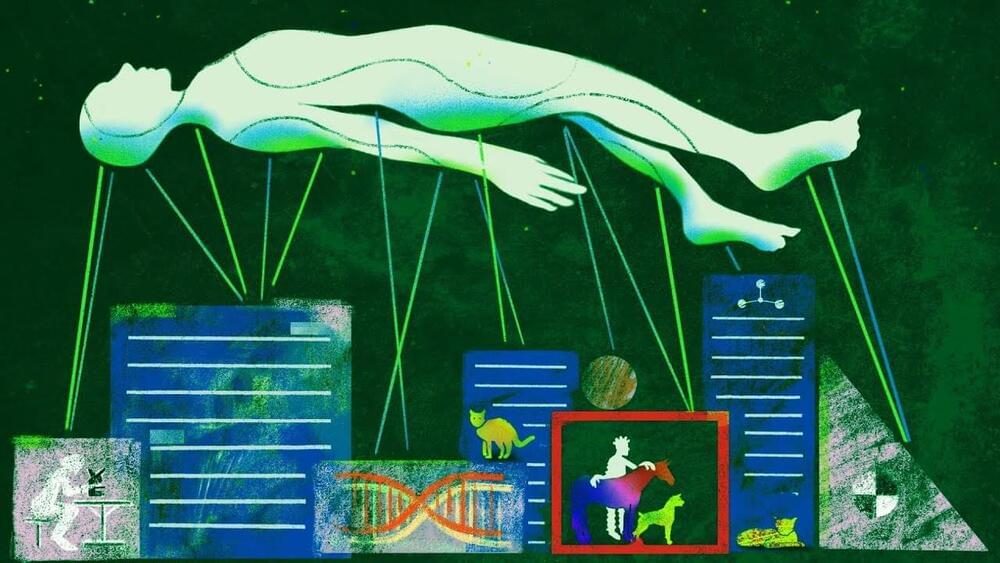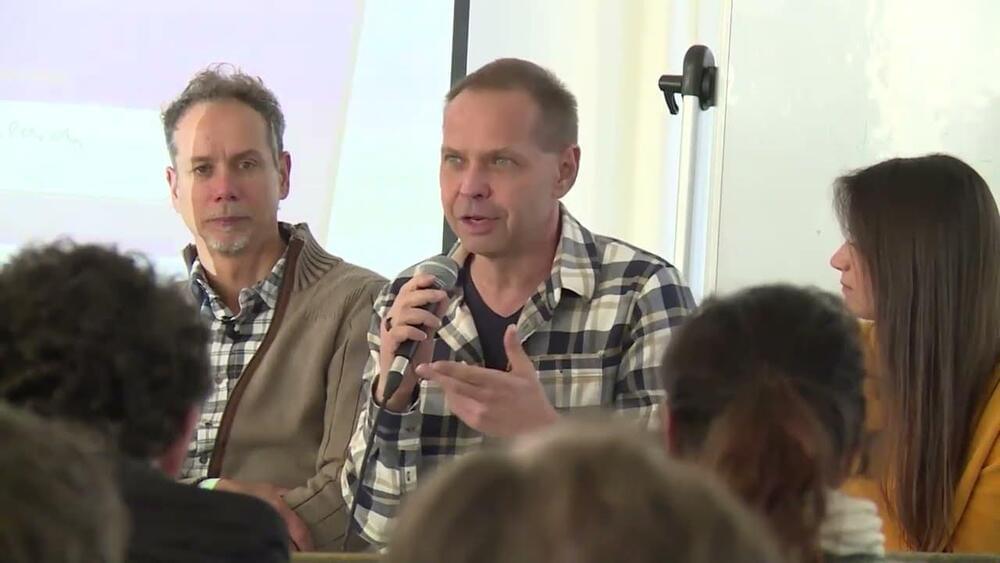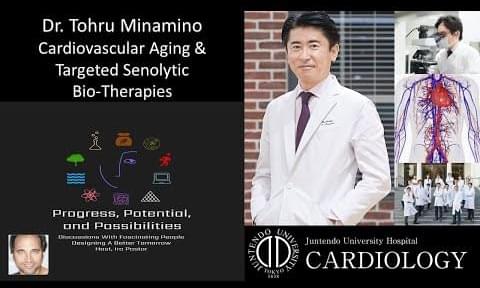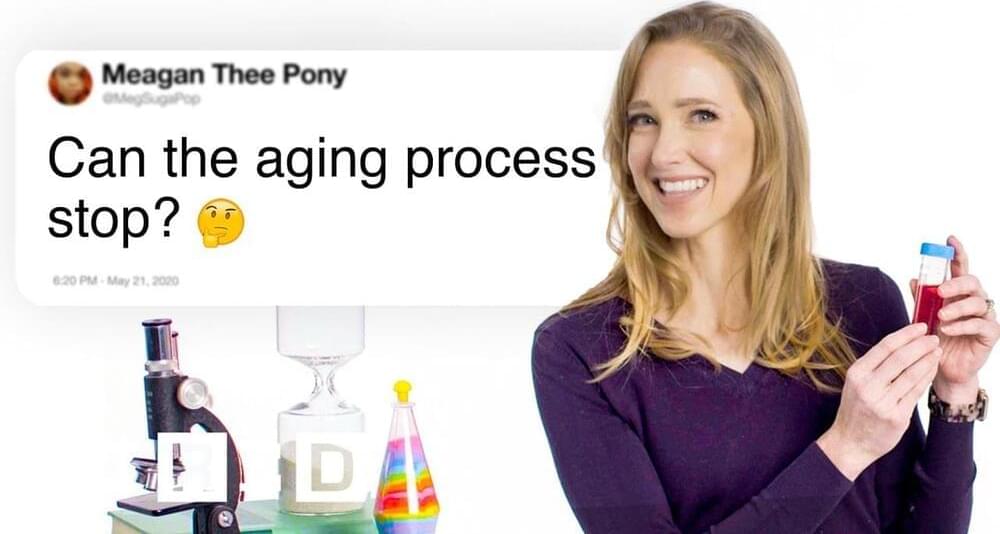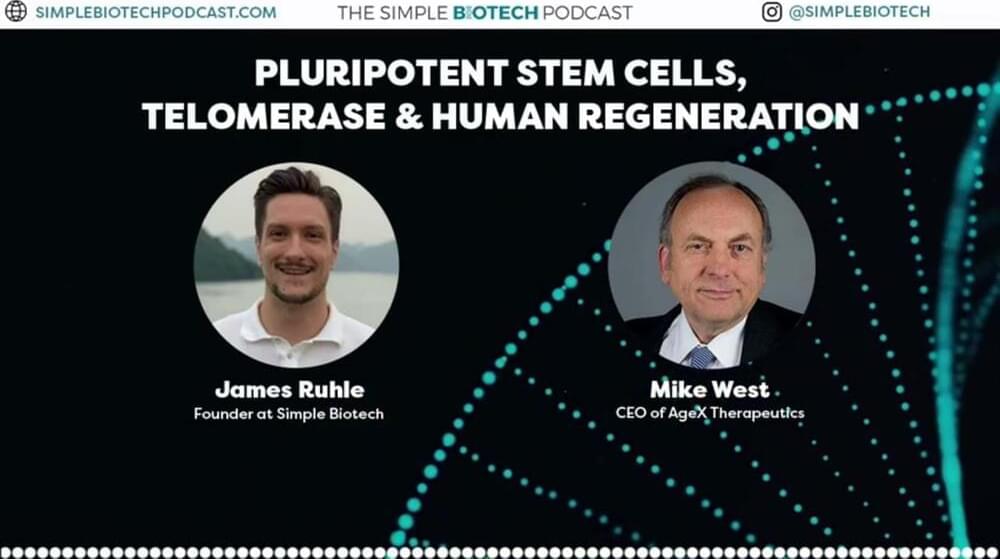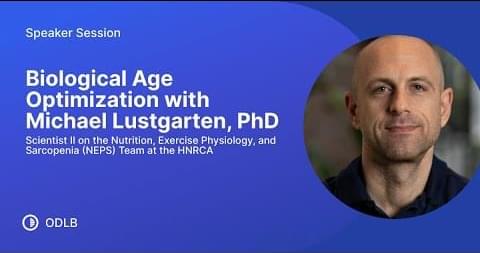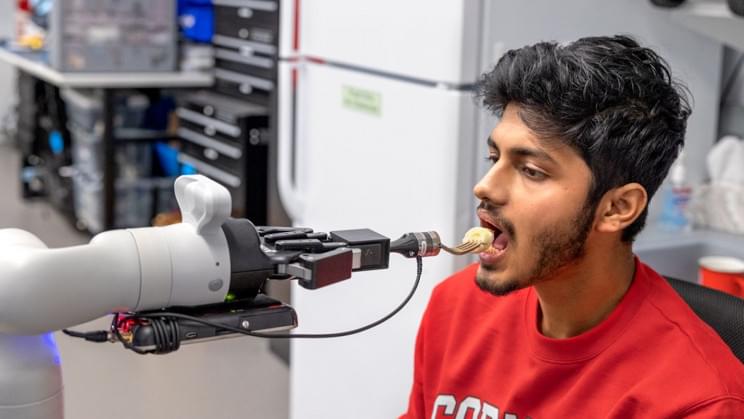A combination of soon-to-be released Biotechnology is expected to extend of lifespans almost tenfold with the help through emerging technologies such as CRISPR or Senolytics. These Anti Aging treatments are meant to stop and even reverse the aging process so that anyone could get young and healthy again. Many companies such as SENS or Jeff Bezos, but even countries like Japan are working on it to deal with an aging population.
–
TIMESTAMPS:
00:00 A new Beginning for Longevity.
00:44 Direct Gene Editing.
02:32 Anti Aging Vaccines.
04:44 Longevity Gene Therapy.
07:39 How does Aging work?
09:49 Last Words.
–
#longevity #biotech #futurology
